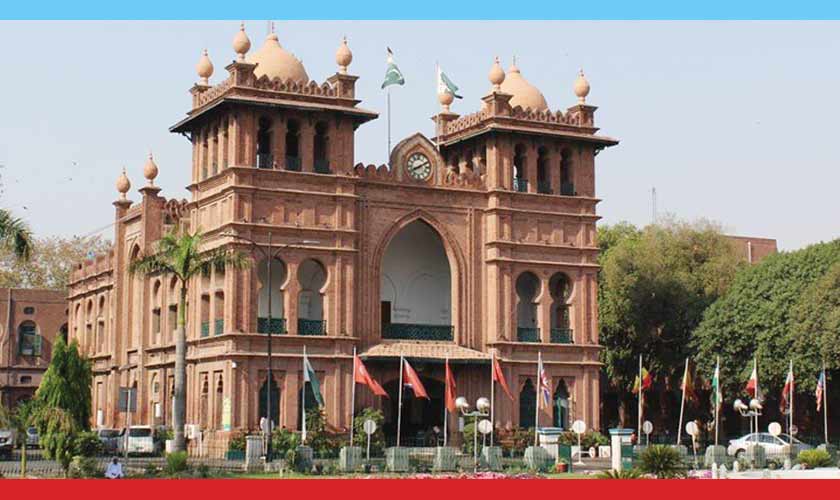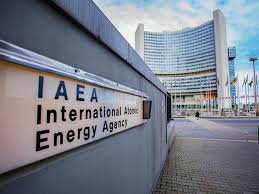Editorial
The allocation of funds for the Public Sector Development Programme (PSDP) has been decreasing over the past decade and is expected to continue on this path. The Planning Ministry officials informed the Senate Standing Committee on Planning and Development that the originally approved Rs1.4 trillion for the PSDP is being revised downwards to Rs1.1 trillion as per the IMF’s instructions.
This adjustment is being made to help Pakistan comply with the terms of the new IMF loan program. As a result, federal funding for provincial projects and what the ministry deems “non-essential projects” will face reductions.
The federal government may have valid reasons for reducing its contribution to provincial projects due to limited fiscal resources and the substantial funds required. Moreover, following the 18th Amendment, the federal government is only obligated to allocate development funds to the federal capital.
However, it is crucial for policymakers to acknowledge the dire situation in Balochistan and the former tribal areas, where inadequate resources and funding, alongside persistent militancy and terrorism, have impeded development. Special consideration must be given to continue financing development projects in these regions.
Funding development projects in these areas is vital for advancements in education, healthcare, infrastructure, and uplifting the communities from the challenges of militancy and marginalization.
Pl, subscribe to the YouTube channel of republicpolicy.com
To sustain funding in Balochistan and the former tribal regions while adhering to IMF conditions, the federal government must reevaluate its development expenditure by reducing unnecessary spending in other areas and refocusing resources on long-term development.
Empowering local governments is not just crucial, it’s a beacon of hope. A robust local government system can effectively address the needs of communities at the grassroots level and ensure efficient allocation of resources, paving the way for a brighter future.
Despite the comprehensive chapters in our Constitution dedicated to federal and provincial governments, the lack of explicit delineations on the functioning and powers of local governments remains a significant issue. Establishing empowered local governments is pivotal in addressing Pakistan’s economic challenges and democratizing the country.
While some of the IMF’s concerns regarding PSDP allocation are valid, it is imperative for policymakers to devise sustainable solutions. These solutions, which uphold the country’s crucial development needs without squandering fiscal space, are a testament to our long-term planning and commitment to progress.

















